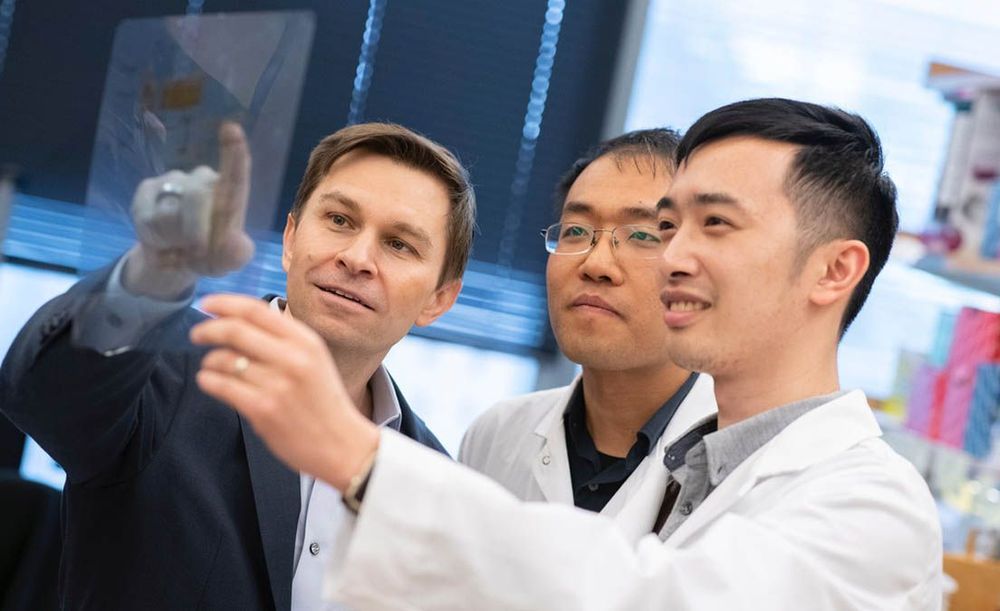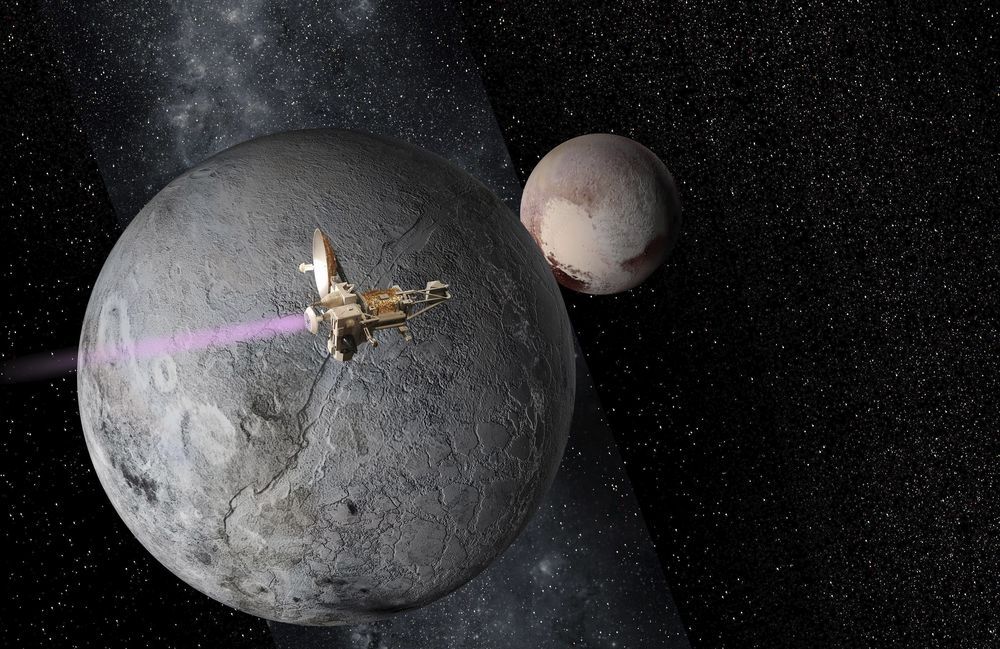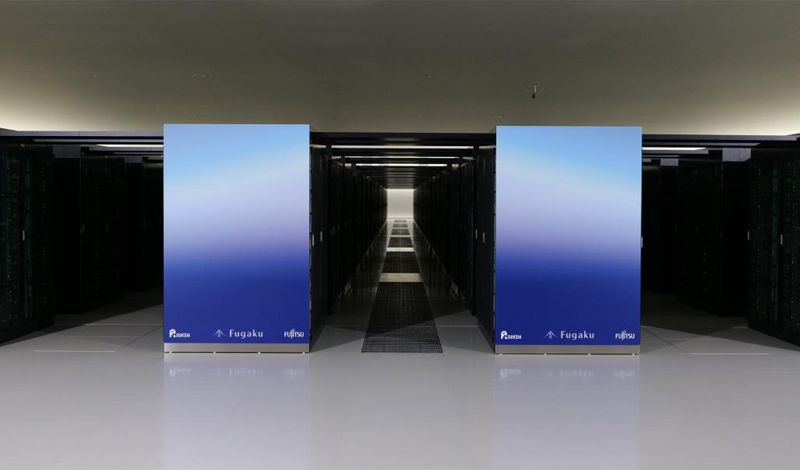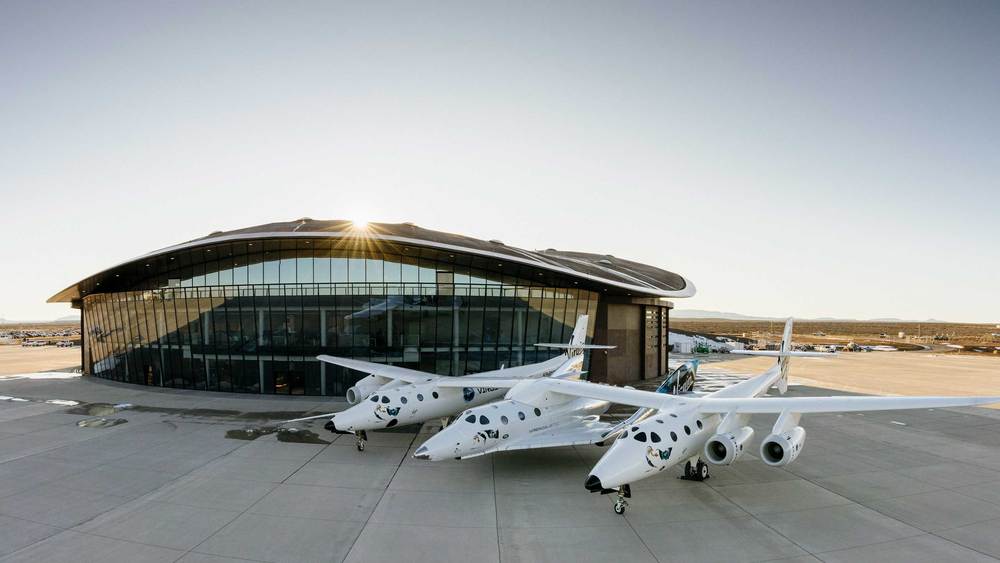Dolphins used in “swim with dolphins” programs endure misery. But these innovators are throwing exploited dolphins a lifeline—a robotic dolphin counterpart.
Get the latest international news and world events from around the world.


David Sinclair seeks £100m for anti-aging fight
One of the world’s greatest anti-aging scientists continues his groundbreaking efforts. In the photo next to Dr David Sinclair, there is a fella who kind of looks like my friend, Dr Yuancheng Ryan Lu. Is that you? (Dr Lu has confirmed that he is indeed the scientist on the right. Dr Sinclair is on the left.)
I can’t wait to see what they develop next!
Harvard scientist David Sinclair is one of Longevity’s big hitters. Just a year after raising $50M in Series B financing, his company Life Biosciences LLC is looking for $100M to progress its anti-aging research [1].
Longevity. Technology: Life Biosciences had an original Series B goal of $25M; it doubled it. As NAD continues to embed in the anti-aging supplement marketplace, the company is looking to expand, with a range of subsidiaries under its Longevity umbrella. Although the company isn’t spilling any secrets on its proposed clinical trials, we will be sure to keep a close eye on progress.
Life Biosciences, valued last year at approximately $500M, is built on Sinclair’s experience as co-Director of the Paul F Glenn Center for the Biology of Aging at Harvard Medical School, as a genetics professor at Harvard University and on previously-founded companies Arc Bio, Genocea and Ovascience.


Japanese supercomputer is world’s fastest
The supercomputer Fugaku – jointly developed by RIKEN and Fujitsu, based on Arm technology – has taken first place on Top500, a ranking of the world’s fastest supercomputers.
It swept other rankings too – claiming the top spot on HPCG, a ranking of supercomputers running real-world applications; and HPL-AI, which ranks supercomputers based on their performance in artificial intelligence applications; and Graph 500, which ranks systems based on data-intensive loads.
This is the first time in history that the same supercomputer has achieved number one on Top500, HPCG, and Graph500 simultaneously. The awards were announced today at the ISC High Performance 2020 Digital, an international high-performance computing conference.
WWDC Special Event Keynote — June 22, 2020 – Apple
Full stream ahead. Join us for the Apple Special Event Keynote on June 22, 2020 at 10 a.m. PDT. Set a reminder and we’ll send an update before the show.

Shares of Virgin Galactic surge after announcement that it will train astronauts for NASA
Shares of Virgin Galactic shares jumped Monday after it signed an agreement with NASA that will allow the space tourism venture to train astronauts for trips to the International Space Station on flights to the edge of space.
The company — which is publicly traded but largely owned by founder Richard Branson and chairman Chamath Palihapitiya — announced on Monday that it signed a “Space Act Agreement” with NASA’s Johnson Space Center, which leads the agency’s astronaut program in Houston.
Shares of Virgin Galactic rose as much as 14% in early trading from its previous close of $15 a share.
Lab Mice Telomeres Do Not Break Them as Disease Models
With comments from Aubrey de Grey.
Bret Weinstein was interviewed on the Joe Rogan show and Bret claimed that the breeding protocols and telomeres of lab mice are broken. Bret claims that this problem is so severe that it calls into question the safety and correctness of decades of pharmaceutical studies.
Bret wrote a paper on that in 2002 which is totally broken.
Aubrey reviewed the paper.

“Intelligent Concrete” Heals Itself – Enabling Highways and Bridges to Prevent Their Own Damage
‘Intelligent concrete’ could cut down on road repairs and traffic.
Roads always seem to need repairs. Luna Lu is giving concrete the ability to “talk” and even heal itself.
Her lab at Purdue University is developing technology that would allow concrete-paved bridges and highways to reveal more accurately when they need repairs and to come equipped with materials that respond to potential damage.